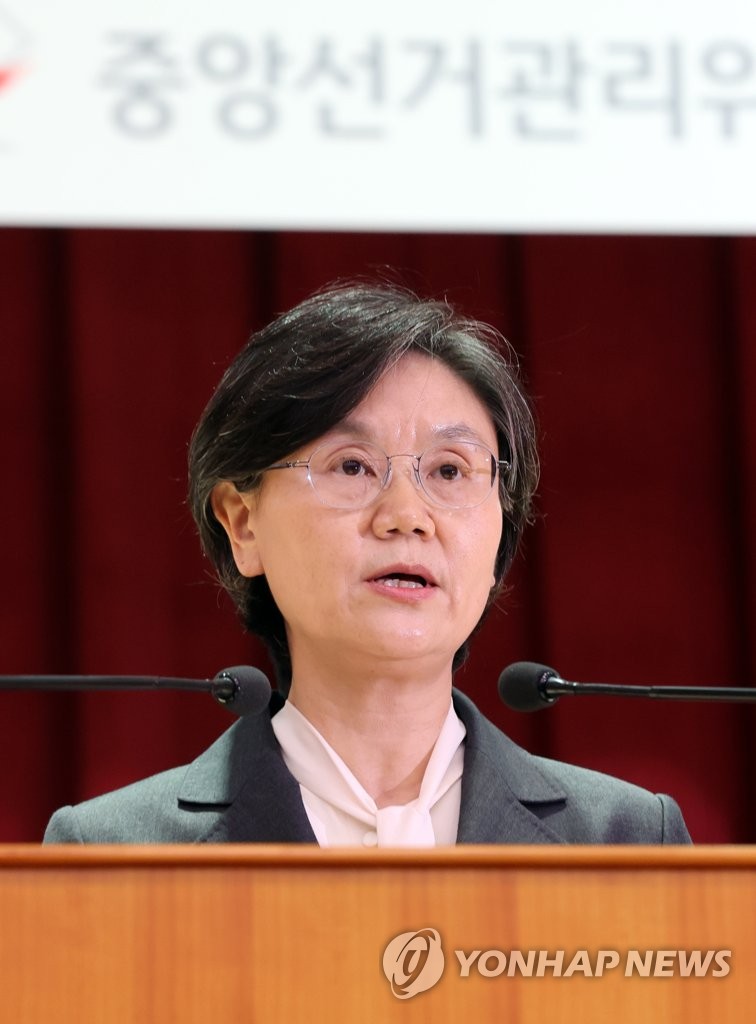


The GAO made three recommendations for reforms: that HHS establish a standard for the term reasonably anticipated' to provide clarity, that non-sensitive information regarding the departmental review process be shared with Congress and the public, and that HHS and the Centers for Disease Control and Prevention (CDC) make changes to the Division of Select Agents and Toxins (DSAT), which maintains a list of pathogens that pose a severe threat to public health. The report said: 'Because little is known about the composition of the departmental review group, it is not clear whether the departmental review group is equipped with the full range of technical expertise needed to critically evaluate risks associated with proposed research involving enhanced potential pandemic pathogens.' The agency’s study found that there was insufficient transparency when it came to how the group was composed and how it applied the framework standards when reviewing proposals.

The departmental review group which considers the research proposals is also lacking transparency, according to the GAO "The phrase ‘reasonably anticipated’ allows for subjective interpretation and covers a range of certainty regarding the intent of the research and the likelihood of the results,” read the report. Under the framework, researchers submit proposals on studies that are 'reasonably anticipated to create, transfer or use enhanced potential pandemic pathogens'.īut it does not explain what 'reasonably anticipated' means in this instance. But the new GAO report said that language in the rules was too vague and the review process lacked transparency.


 0 kommentar(er)
0 kommentar(er)
